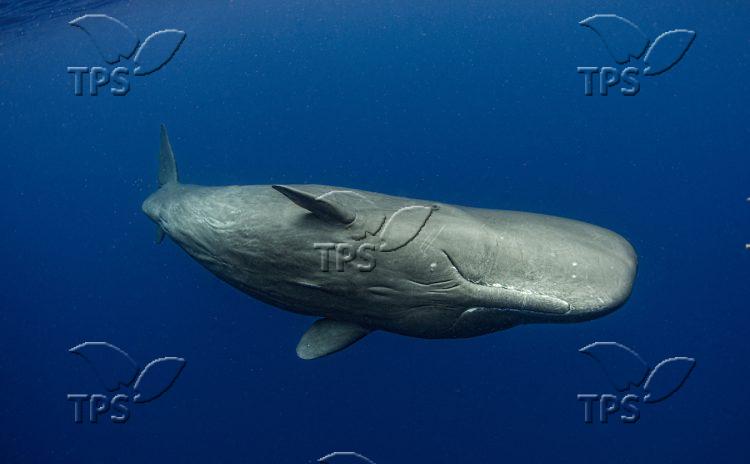Israel’s University of Haifa Joins Global Research Project Aiming to Communicate with Whales
Jerusalem, 21 April, 2021 (TPS) -- The University of Haifa has embarked on an ambitious new global research project that hopes to decipher sperm whale communication and enable humans to understand their dialogue.
The Israeli University has joined forces with The City University of New York (CUNY), Harvard University, Massachusetts Institute of Technology (MIT), Imperial College London, U.C. Berkeley and others.
The international project is called Cetacean Translation Initiative (CETI).
The multidisciplinary project is estimated to last at least five years and will combine expertise from several different fields of study, including marine biology, marine acoustics, and artificial intelligence, linguistics.
Researchers will leverage state-of-the-art machine learning and non-invasive robotics to listen and translate the sperm whales’ language and attempt to talk with them.
One of the leaders of the project, Prof. Dan Tchernov of University of Haifa’s Leon H. Charney School of Marine Sciences and Scientific Director of The Morris Kahn Marine Research Station, explained that “these primates make a clicking sound at varying frequencies when they are in the company of other whales. The question is, is this just a simple code or a true language? Right now, our database is not comprehensive enough to know the answer to this question. However, with the advancement of machine learning, and advanced linguistics, we realized that if we gathered enough data about their voices, the context in which these sounds are employed and understood and their behavior and motivation behind these sounds, we can then develop an algorithm which will determine whether they have an authentic language.”
“Of course, the dream would be if we are able to communicate with them, on their terms” he added.
Project CETI’s official website states that the sperm whale is the animal with the largest brain, and like humans, it has a complex communication system and lives in tightly knit family groups.
These whales also help keep carbon out of the atmosphere, support the earth’s oxygen supply, and increase marine life.
“The participation of three researchers from University of Haifa in this prestigious research project alongside the world’s leading scientists from Harvard, MIT and Berkeley, testifies to the extensive work being done at the University and the School of Marine Sciences in particular,” said Prof. Ron Robin, President of University of Haifa.







